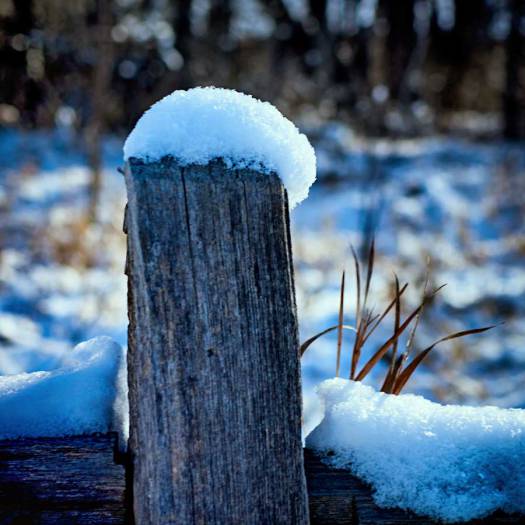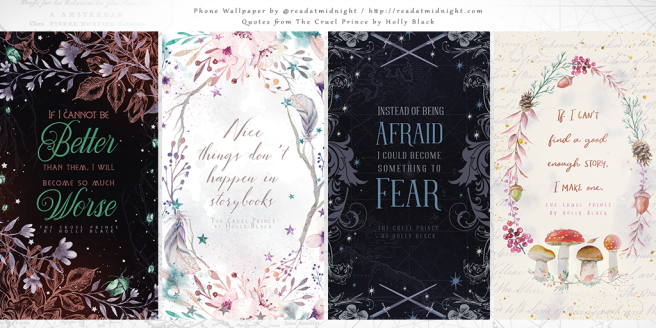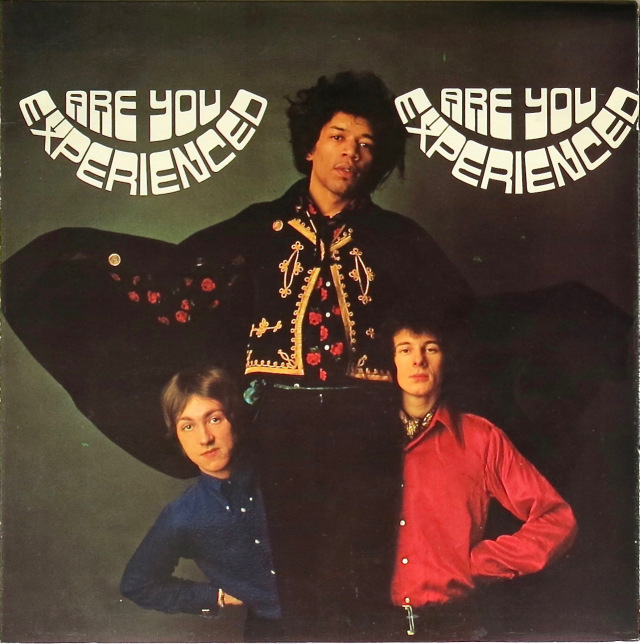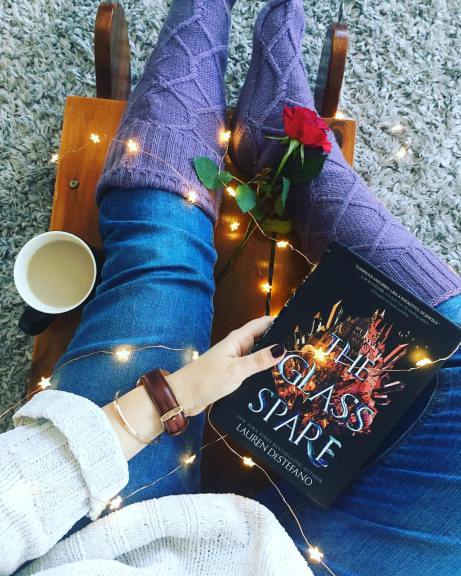 Amadou (15) and his little brother Seydou (8) had already been harvesting cacao for two years before Khadija arrived on the farm. They came willingly when they thought that they would be working for a single season to help make money for their impoverished family, but they soon discovered that they had been fooled. The “bosses” told the boys they would only be able to go home after they earned back their purchase price, but no one would tell they boys how much they had cost or how much they earned each day. Between their long hours of dangerous work — harvesting cacao pods with machetes — and their beatings when they failed to make quota, they boys quickly learned not to focus on anything but the task at hand. They got along well enough with the other boys, but didn’t exactly make any friends. All of their time was focused on survival. Then Khadija showed up and their world turned upside-down. Not only did a single child show up, when the bosses normally waited for a bigger group before making the expensive trip out to the farm, but Khadija was a girl. A girl who was determined to escape from the very moment she arrived, and who tricked Seydou into helping her break free from her bindings… After Amadou took the blame and helped them bring her back, though, he was forced to spend time with Khadija while they both recovered from their beatings. Would he be able to help her adjust? Or at least keep her from getting himself and Seydou into further trouble with the bosses?
Amadou (15) and his little brother Seydou (8) had already been harvesting cacao for two years before Khadija arrived on the farm. They came willingly when they thought that they would be working for a single season to help make money for their impoverished family, but they soon discovered that they had been fooled. The “bosses” told the boys they would only be able to go home after they earned back their purchase price, but no one would tell they boys how much they had cost or how much they earned each day. Between their long hours of dangerous work — harvesting cacao pods with machetes — and their beatings when they failed to make quota, they boys quickly learned not to focus on anything but the task at hand. They got along well enough with the other boys, but didn’t exactly make any friends. All of their time was focused on survival. Then Khadija showed up and their world turned upside-down. Not only did a single child show up, when the bosses normally waited for a bigger group before making the expensive trip out to the farm, but Khadija was a girl. A girl who was determined to escape from the very moment she arrived, and who tricked Seydou into helping her break free from her bindings… After Amadou took the blame and helped them bring her back, though, he was forced to spend time with Khadija while they both recovered from their beatings. Would he be able to help her adjust? Or at least keep her from getting himself and Seydou into further trouble with the bosses?
I really wish I could say that this book was a dystopia rather than realistic fiction… It’s just so heart breaking to read about child/slave labor as it relates to the farming and harvesting of cacao (aka cocoa) in West Africa. As someone who absolutely loves chocolate, I am going to have to spend some time with the Food Empowerment Project’s Chocolate List to see which companies they recommend and try to adjust my purchasing/consumption to more ethical companies. I highly recommend this book for both the lesson in modern day slavery and the message of hope, bravery, and courage despite terrible odds. I especially like how this book describes the brutality of the farm without getting overly graphic, making it appropriate for even younger tweens.
Happy Reading!
Advertisements Share this:





